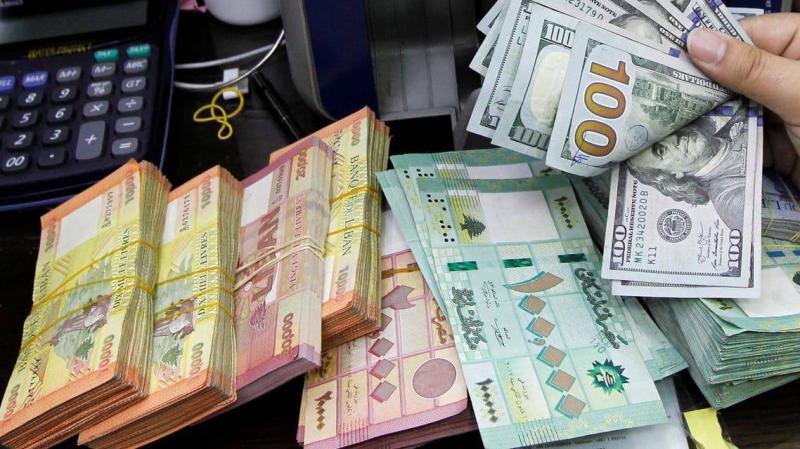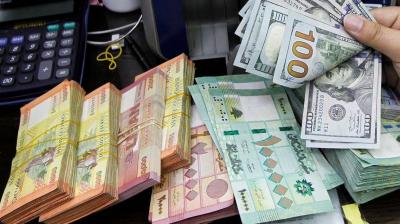Under the headline "New Collapse of the Lebanese Lira: Reaches 16,000 LBP per Dollar", the Al-Arabiya website reported on the Lebanese lira's decline to a new record level, reaching 16,000 against the dollar on Thursday. Earlier this month, Lebanon's central bank called on the caretaker government to approve a plan to rationalize subsidies in order to assist the most needy, stating that it would not use mandatory reserves to fund these subsidies.
The bank added in a statement that "necessary payments have been made to banks to meet credits" for fuel imports, following a shortage that caused long queues at fuel stations across Lebanon. Since the summer of 2019, amid the country’s worst economic collapse, the lira has gradually depreciated against the dollar, coinciding with a severe liquidity crisis and banks halting withdrawals of dollars for depositors, while the official exchange rate remains fixed at 1,507 LBP.
As the economic decline worsened, exacerbated by the Beirut port explosion and COVID-19 measures, the Lebanese central bank's dollar reserves have dwindled. Authorities have been considering, urged by the central bank, rationalizing or lifting subsidies on essential imports such as flour, fuel, and medicines for months now.
Amid reports alarming residents about the prospect of subsidy cuts or rationalization, the country has been experiencing a fuel crisis for months, with rising fuel prices and lengthy queues forming outside gas stations, which have adopted a rationing policy for gasoline and diesel distribution.
This has coincided with the unavailability of many medications, prompting pharmacies to announce a two-day strike last week. Additionally, the prices of bread and nearly all imported foodstuffs have increased.
This month, the World Bank warned that Lebanon's economic and financial crisis is classified among the top ten most severe crises and possibly among the three worst since the mid-19th century, criticizing the official inaction in implementing any rescue policy amid political paralysis.
While the international community is conditioning financial support for the authorities on urgent reforms needed to pull the country out of its downward spiral, Lebanon has been mired in political stagnation since the port explosion, which led to the government's resignation. Prime Minister-designate Saad Hariri has been unable to complete his mission since his appointment in October, despite international pressure, particularly from France.




